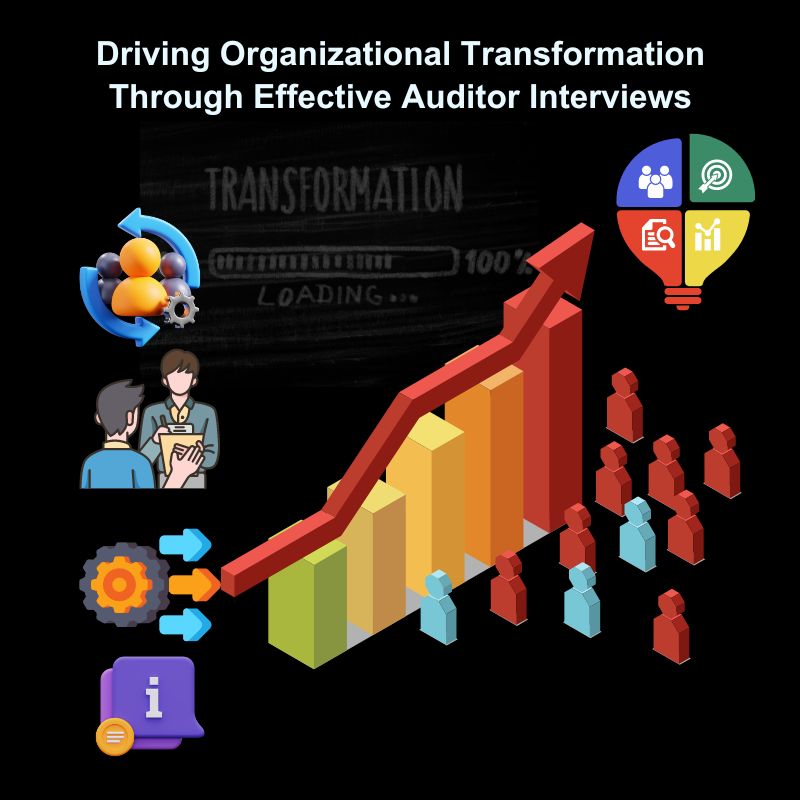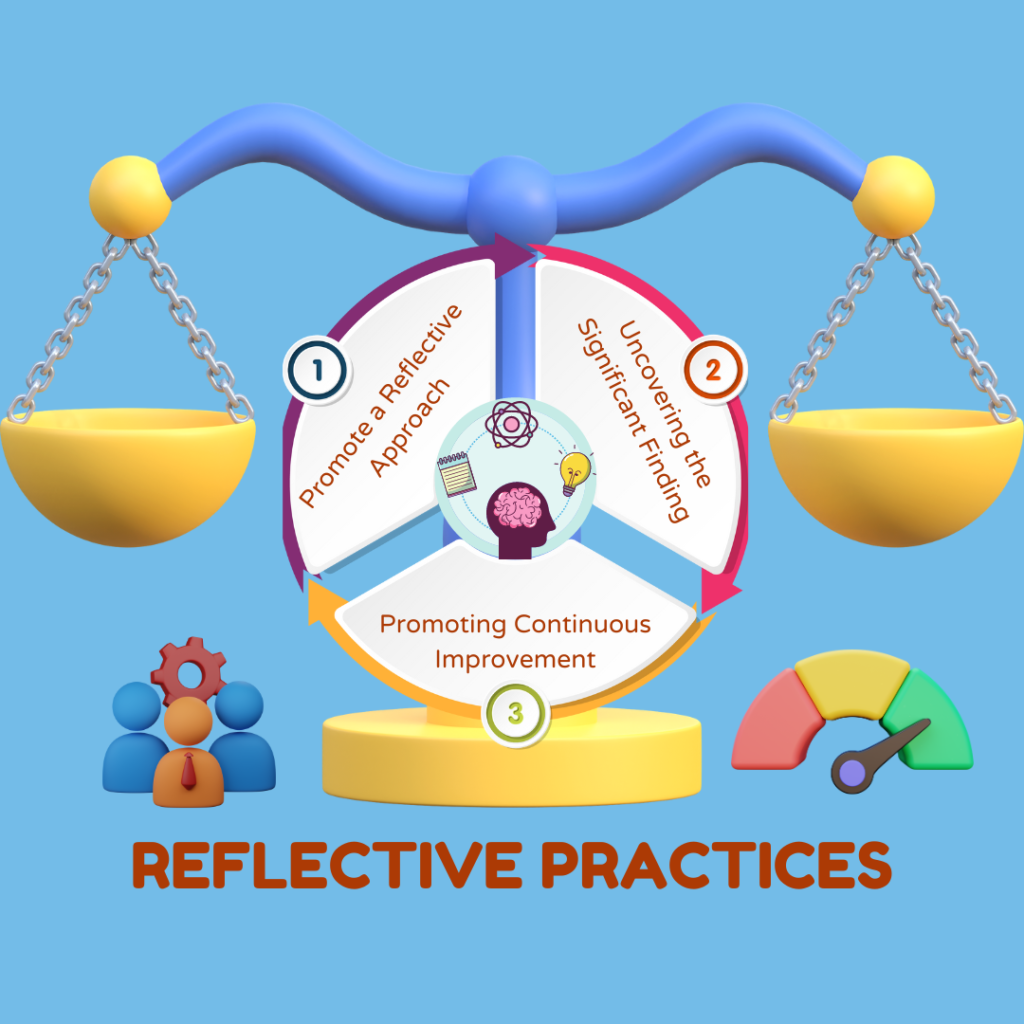
In the realm of ESG audits, particularly within the scopes of social compliance and human rights, the auditor’s role transcends the mere identification of non-conformities; it embodies the potential to catalyze significant organizational change. Effective interviews, a critical tool in the auditor’s repertoire, serve not only as a mechanism for assessment but as a conduit for initiating transformative actions within organizations. This blog delves into how ESG auditors can leverage the power of interviews to activate meaningful changes, ensuring that organizations do not just meet the minimum standards but strive for a culture of continuous improvement and ethical excellence.
Unearthing Insights to Inform Action
At the heart of driving change is the auditor’s ability to ensure uncovering the root causes of issues rather than merely documenting symptoms. Through skillful interviewing, ESG auditors can identify underlying systemic problems, be they in policies, practices, or culture, that contribute to non-compliance. This deep understanding is crucial for identifying and taking actions that address the core of the issue, thereby facilitating more sustainable and impactful changes.
Crafting a Narrative for Change
Effective interviews enable ESG auditors to gather rich, qualitative data that can be used to craft compelling narratives. These narratives, built around the experiences and insights of employees, can be incredibly powerful in illustrating the real-world implications of non-compliance and the tangible benefits of change. By presenting findings not just as abstract issues but as stories with direct human impact, ESG auditors can create a stronger case for change that resonates with organizational leadership and stakeholders.
Engaging and Empowering Stakeholders
One of the key roles ESG auditors play in activating change is engaging with a diverse range of stakeholders, from senior management to front-line employees. Effective interviews can serve as a platform for involving these stakeholders in the audit process, making them feel heard and valued. This inclusive approach not only enriches the auditor’s understanding but also empowers stakeholders, fostering a sense of ownership and commitment to the change process.
Facilitating Reflective Practices
ESG Auditors, through their interviewing techniques, can encourage organizations to adopt a more reflective stance towards their operations and practices. By asking probing questions that challenge assumptions and status quos, auditors can prompt organizational leaders to reflect on their practices, the impact of these practices on compliance and human rights, and the potential for improvement. This reflective practice is a crucial step towards embracing change and fostering a culture of continuous improvement.
Through effective interviews, auditors can uncover significant findings that compel the audited organization to identify root causes, address identified issues, and implement necessary changes to ensure responsible business practices. Such actions also drive transformative changes within the audited organizations.

Building the Case for Change
Effective interviews allow ESG auditors to gather the evidence needed to build a strong case for change. This involves not only highlighting areas of non-compliance but also showcasing best practices and benchmarks from within the industry or similar organizations. By providing a clear vision of what is possible, along with practical steps to achieve it, ESG auditors can inspire organizations to pursue higher standards of compliance and ethics.
Navigating Challenges to Drive Change
The journey towards activating change is fraught with challenges, from resistance within the organization to limitations in resources or capacity for change. ESG Auditors, armed with insights from interviews, can anticipate these challenges and work collaboratively with organizations to ensure the audited organizations develop realistic and achievable action plans. This pragmatic approach ensures that audit findings do not just sit on a shelf but are acted upon, leading to real and lasting change.
Conclusion
The role of auditors in activating change through effective interviews is both a privilege and a responsibility. By harnessing the power of interviews to not only identify non-compliance but to engage, enlighten, and inspire organizations, auditors can drive significant improvements in social compliance and human rights. This approach not only ensures compliance with current standards but also propels organizations towards a future where ethical practices are ingrained in the fabric of their operations. As auditors, our commitment to conducting meaningful interviews is a testament to our dedication to not just evaluating the present but shaping a more ethical and compliant future.
